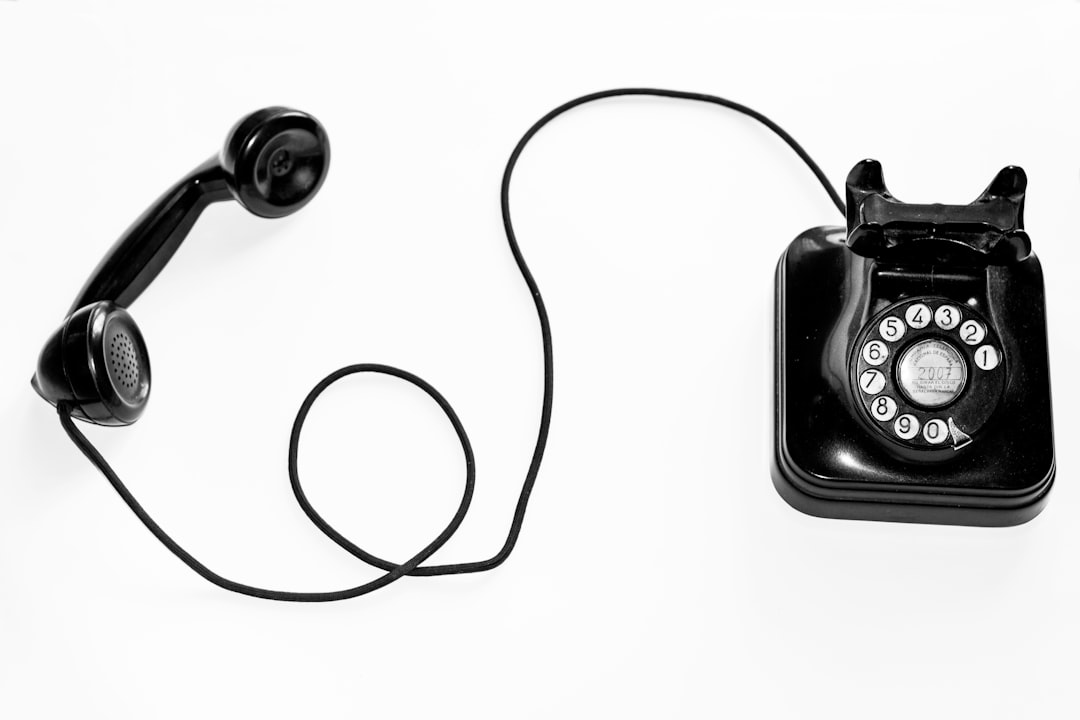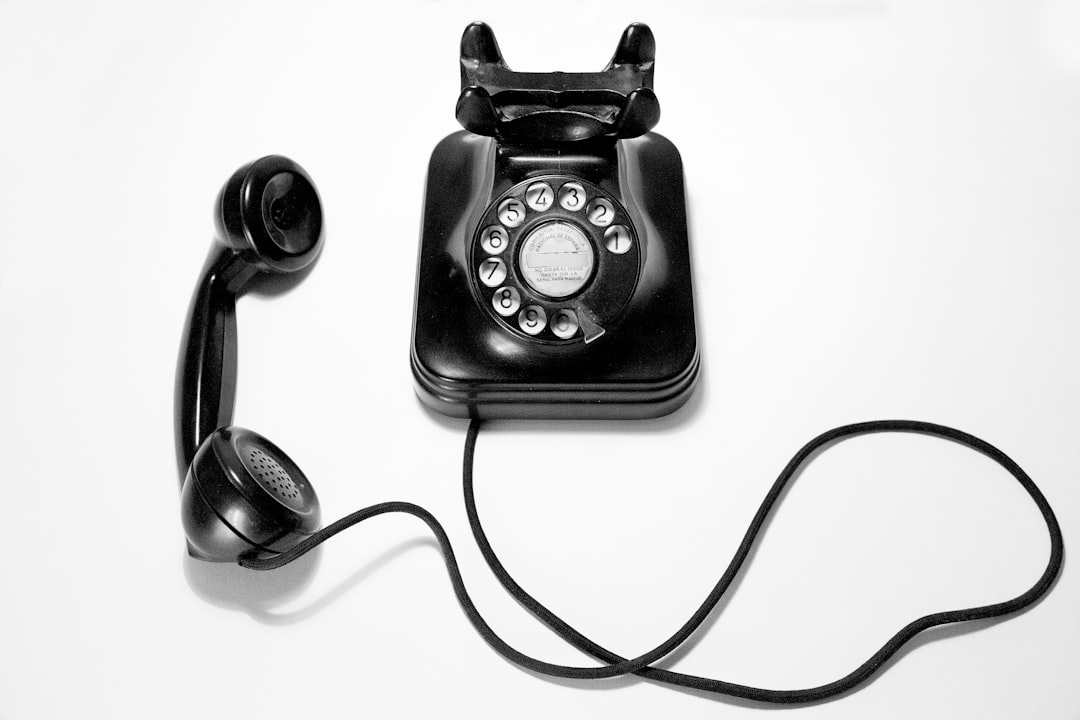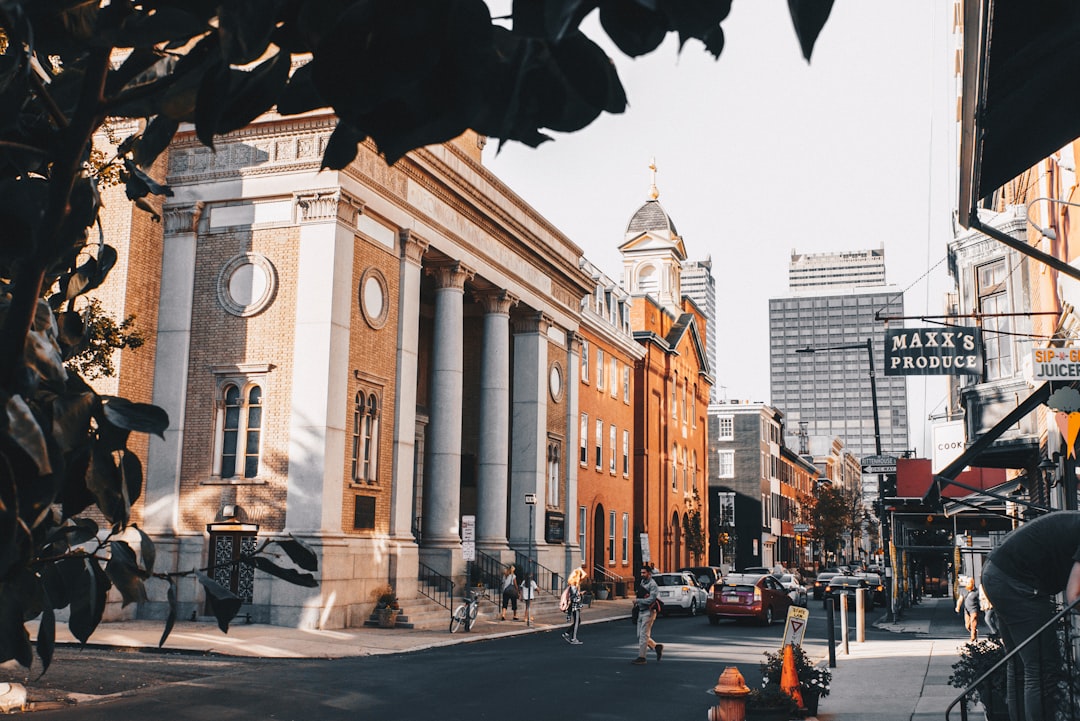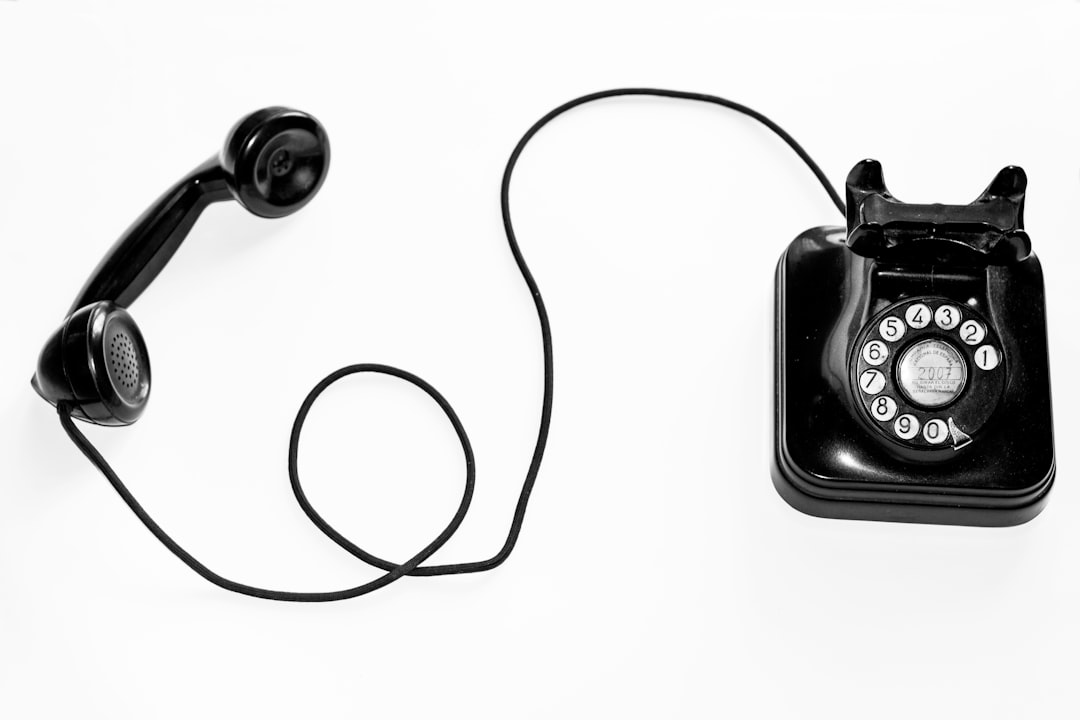In the sensitive field of hospice care in Philadelphia, navigating the Telephone Consumer Protection Act (TCPA) is vital to avoid legal issues and fines. The TCPA restricts unwanted phone calls, including those from healthcare providers. Hospice organizations must obtain patient consent, offer opt-out options, and respect privacy to comply with the law. Partnering with experienced Unwanted Call Lawyers in Philadelphia who specialize in TCPA can provide guidance on effective, compliant communication strategies. These attorneys help protect patient rights, prevent lawsuits, and maintain trust with vulnerable patients, ensuring hospice facilities stay compliant with regulations and avoid reputational risks.
“Parkwood Manor: Exploring TCPA Compliance in Hospice Care provides invaluable insights for healthcare professionals in Philadelphia. Understanding the Telephone Consumer Protection Act (TCPA) is crucial to avoid legal pitfalls and ensure patient rights. This article delves into common telemarketing practices that may violate TCPA regulations, highlighting the pivotal role of an unwanted call lawyer in hospice settings. Discover effective strategies for compliance and explore successful case studies defending against TCPA suits in healthcare.”
Keywords seamlessly integrated: Unwanted call Lawyer Philadelphia, Unwanted call attorney Philly, Unwanted call law firm Philly, etc.
Understanding TCPA and its Relevance to Hospice Care in Philadelphia

In the competitive landscape of hospice care in Philadelphia, ensuring compliance with the Telephone Consumer Protection Act (TCPA) is more than just a legal requirement—it’s a strategic necessity. The TCPA, a federal law designed to protect consumers from unwanted phone calls, has significant implications for healthcare providers, especially those specializing in end-of-life care. Hospice organizations often engage in outreach and communication with patients and their families, which can inadvertently trigger TCPA violations if not handled correctly.
For instance, while making appointment reminders or delivering important health information over the phone, hospice care providers must navigate the nuances of permissible calls, consent, and do-not-call lists. A single misstep could lead to unwanted call lawsuits, with individuals in Philadelphia seeking compensation for harassing calls. Thus, it’s crucial for these healthcare professionals to partner with experienced unwanted call lawyers or unwanted call attorneys in Philly who understand the complexities of the TCPA and can guide them through effective communication strategies that comply with this vital legislation.
Common Telemarketing Practices That Violate Patient Rights

In the healthcare industry, especially in hospice care, maintaining patient privacy and consent is paramount. However, common telemarketing practices often infringe upon these rights, leading to potential legal repercussions, as highlighted by unwanted call lawyers Philadelphia. Automated calls, robocalls, and live agents making unsolicited sales or service offers without prior explicit consent are all violative actions under the Telephone Consumer Protection Act (TCPA). These practices disrupt patient care and can cause significant distress, particularly for individuals receiving hospice services who may have limited mobility or cognitive abilities.
Hospice care providers and their associated law firms, such as those specializing in unwanted call attorney Philadelphia, must be vigilant in ensuring compliance with TCPA regulations. This includes obtaining verbal or written consent from patients before initiating any marketing calls, providing a clear and easy opt-out mechanism during each communication, and respecting patient choices to stop receiving calls. By adhering to these guidelines, healthcare organizations can protect their reputations, avoid legal issues, and maintain the trust of their vulnerable patient population, with the support of unwanted call law firms Philly when necessary.
Navigating Legal Obligations: Unwanted Call Lawyer's Role in Hospice Settings

In the highly regulated healthcare industry, especially within hospice care, adhering to laws like the Telephone Consumer Protection Act (TCPA) is paramount. Unwanted call lawyers play a pivotal role in guiding hospice facilities through these legal obligations. These attorneys ensure that patient privacy and consent are respected, preventing costly violations and potential lawsuits stemming from unauthorized phone marketing or solicitation calls.
Hospice care organizations, with their focus on compassionate end-of-life services, must tread carefully in their communications strategies. Engaging an unwanted call lawyer in Philadelphia or a reputable unwanted call law firm in Philly can provide much-needed clarity and protection. These legal experts can assist in crafting compliance plans, training staff on appropriate calling practices, and responding to consumer complaints, ensuring that the facility remains in line with TCPA regulations and avoids potential penalties and reputational damage.
Strategies for Compliance: Best Practices for Hospice Care Providers

Hospice care providers must stay vigilant to ensure they adhere to TCPA regulations regarding unwanted calls. One of the most effective strategies for compliance is implementing robust do-not-call lists and regularly updating them. It’s crucial to verify patient consent for marketing or promotional calls, ensuring every communication has explicit approval. Automated systems that screen and block unauthorized calls can be a game-changer, providing an extra layer of protection against legal repercussions.
Additionally, training staff on TCPA compliance is essential. Educating employees about the law’s requirements and consequences can prevent accidental violations. Regular audits of call records can help identify potential issues, allowing providers to address them promptly. Engaging with a reputable unwanted call lawyer Philadelphia or a specialized law firm in Philly can offer guidance tailored to hospice care needs, ensuring businesses stay protected against unnecessary lawsuits and fines, especially when dealing with sensitive patient information.
Case Studies: Successful Defense Against TCPA Suits in the Healthcare Sector

In the face of burgeoning TCPA lawsuits, healthcare providers—especially those in the hospice care sector—can find solace in several notable case studies showcasing successful defenses. These cases underscore the importance of robust internal policies and procedures aimed at preventing unwanted calls, as well as immediate and transparent response strategies when such calls do occur. For instance, one Philadelphia-based hospice care provider was sued for alleged TCPA violations stemming from automated calls to patients’ families. Their defense hinged on demonstrating that they had implemented a comprehensive do-not-call list, trained staff rigorously on compliance protocols, and promptly ceased all unauthorized calling upon discovering the issue.
Another compelling case involves an unwanted call lawyer in Philadelphia who represented a healthcare network accused of making unsolicited marketing calls. The attorney’s strategy focused on proving that the calls were made for legitimate treatment purposes rather than promotional ones, highlighting the nuanced distinction crucial to TCPA compliance. Through meticulous documentation and expert testimony, the law firm successfully defended their client, preventing significant legal repercussions and setting a precedent for similar healthcare organizations facing analogous challenges in Philly or beyond.






